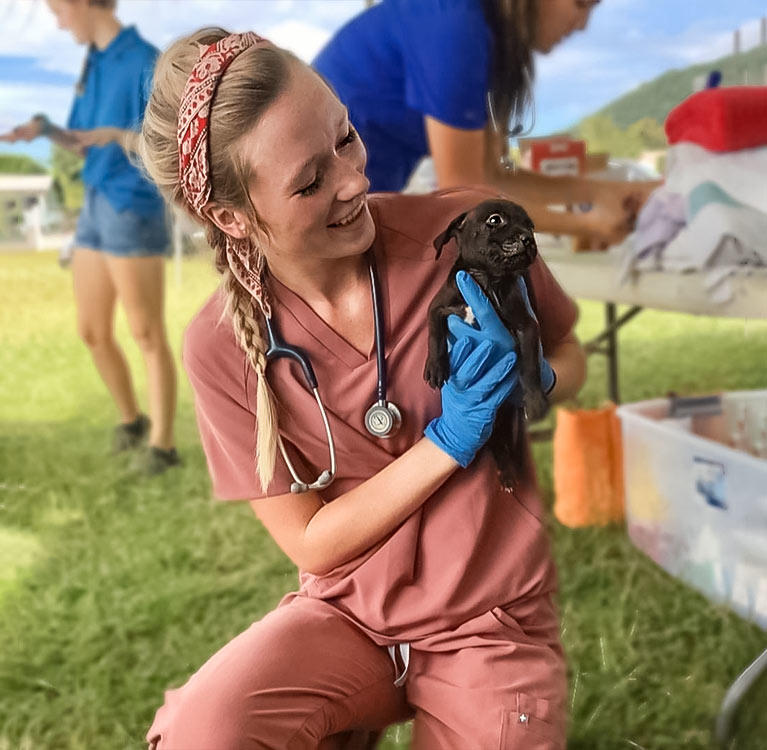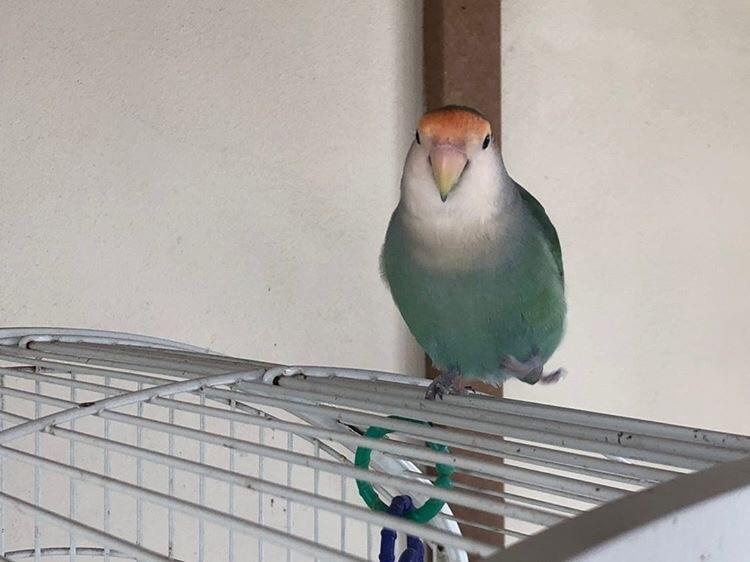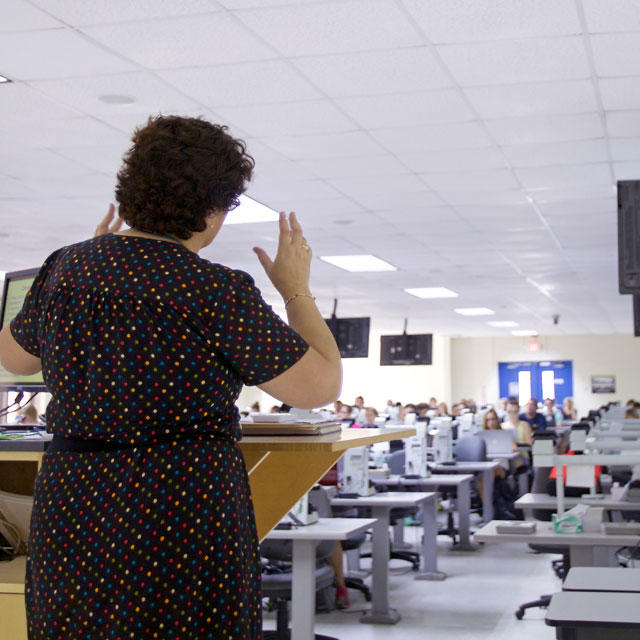You become a veterinarian by earning a Doctor of Veterinary Medicine (DVM) degree, but there’s more to being a good vet than the degree itself. You’ll need to develop certain skills and character traits to accompany that degree if you hope to excel in the veterinary profession.
WHAT SKILLS DO YOU NEED TO BE A VETERINARIAN?
For starters, to become a practicing veterinarian in the United States or Canada, you need the skills acquired by earning a DVM degree from a school accredited by the American Veterinary Medical Association (AVMA) — such as Ross University School of Veterinary Medicine (Ross Vet).* At Ross Vet, our DVM curriculum can provide you with the essential knowledge, skills, and expertise necessary to become a veterinarian. Our curriculum integrates basic sciences and clinical experiences, and engages you in active learning and immersive experiences. You will study such subjects as anatomy, physiology, immunology, parasitology, nutrition, virology, pharmacology, and anesthesiology. You will also learn to handle and treat animals large and small. Through our curriculum, you’ll start with hands-on basic skills such as bandaging and performing physical examinations using models. You will participate in simulated veterinary training such as basic suturing, intubating, and spaying, before moving on to more comprehensive activities with live animals.
Your education doesn’t stop with veterinary hard skills. A good vet knows how to deal with people, too, particularly animal owners and other vet professionals. At Ross Vet, part of the curriculum emphasizes communication skills, including those for patient and client interactions. You’ll also have the opportunity to practice your verbal and nonverbal cues and receive coaching in a safe environment. Additionally, animal doctors should also be current in veterinary technology and trends.
The AVMA Council on Education sums up the basics in its list of nine competencies every veterinary student should learn:
- Comprehensive patient diagnosis (problem-solving skills), appropriate use of diagnostic testing, and record management
- Comprehensive treatment planning including patient referral when indicated
- Anesthesia and pain management, patient welfare
- Basic surgery skills and case management
- Basic medicine skills and case management
- Emergency and intensive care case management
- Understanding of health promotion, and biosecurity, prevention and control of disease including zoonoses and principles of food safety
- Ethical and professional conduct; communication skills including those that demonstrate an understanding and sensitivity to how clients’ diversity and individual circumstance can impact health care
- Critical analysis of new information and research findings relevant to veterinary medicine
Students who master the skills required to be a vet have a good foundation for a career in veterinary medicine, but other personal and professional qualities can also help you along the way.
VETERINARIAN SOFT SKILLS AND ABILITIES
In addition to scientific and technical skills, veterinarians need to be able to work effectively with clients. Communication is one of the most important veterinarian skills you will need to develop. Vets may explain care plans and procedures to pet owners, work on care or research teams, help develop wildlife protection policies, educate caretakers on how to treat their animals, and otherwise help maintain and improve the health of animals. Clear communication is key to all aspects of veterinary medicine running smoothly. Writing, public speaking, and related classes can help you here.
Another vital vet soft skill is patience. A patient vet speaks and writes clearly, and a patient demeanor helps you calm and comfort animals as well as their owners. Patience can also help demonstrate your empathy and compassion — two more key qualities of a good vet. As someone who wants to become a DVM, you probably have a lot of experience with animals. You know how important pets can be to their owners, and indeed how much love and affection are invested in each animal. Both pets and pet owners will pick up on your understanding, and they will be grateful for it.
Another skill to develop as a good vet is the ability to read and understand animal behavior. You’ll need to learn when an animal is happy or afraid, comfortable or tense, and when a soothing hand must also be stern. The many hours spent with animals is not just a requirement for vet school, it is essential to your understanding as an animal doctor. Working, volunteering, or interning at an animal hospital, shelter, or clinic gives you early hands-on experience and helps you understand how an animal feels.
If you plan to own a veterinary practice, you will need to sharpen your business acumen. Consider taking undergraduate or non-degree business courses, or take them as electives during your DVM curriculum. Such courses will help you understand how to operate a business, manage employees, plan and budget, and otherwise prepare to run your own clinic.
Additional skills to being a well-rounded vet include:
- Ability to manage stress and stay calm under pressure
- Flexibility to adapt to changing situations and demands
- Proficiency in using veterinary software and diagnostic tools
- Capability to work on a multidisciplinary team
- Adherence to ethical guidelines and understanding of legal obligations
YOUR NEXT STEPS TO BECOMING A GOOD VET
Now you know some of the skills needed to be an exceptional veterinarian. Some skills you can learn in vet school; others you will acquire as you mature and gain experience. But before you get to vet school, begin by tailoring your undergraduate course load to meet the necessary veterinary prerequisites (see Ross Vet’s requirements). You should also prepare to take the Graduate Record Examination® (GRE®). Check the admission requirements for your schools of interest. And don’t forget to work on your communication, patience, empathy, and compassion — traits that will serve you well as a student, a veterinarian, and as a human being.
As you consider pursuing a career in veterinary medicine, take some time to learn more about Ross Vet. Check out our DVM program, the admission requirements, and our overall mission and values. You may find that Ross Vet is a great fit for you. If you do, begin your journey by applying to Ross Vet today!
This post was medically reviewed by Dr. Sarah Cavanaugh (Scruggs), DVM, MS, DACVIM (Cardiology).
Related links:
*Ross University School of Veterinary Medicine confers a Doctor of Veterinary Medicine (DVM) degree which is accredited by the American Veterinary Medical Association Council on Education (AVMA COE), 1931 N. Meacham Road, Suite 100, Schaumburg, IL 60173, Tel: 800.248.2862. For more information please visit https://www.avma.org/education/accreditation-veterinary-colleges.






